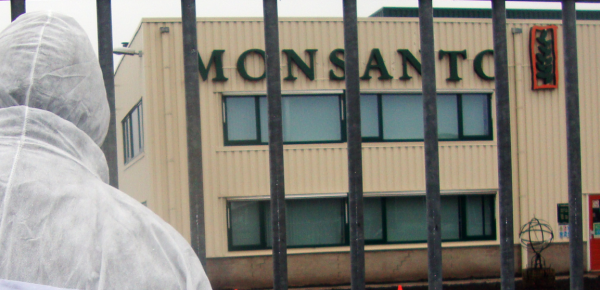Farm Bill 2018 special reports that "Roughly 30 countries in Asia, Europe, and North and South America already allow hemp cultivation".
The United Nations’ Food and Agriculture Organiszation, which tracks global farming, reports that "Global acreage in hemp cultivation in 2016—the most recent year available—was 192,000 acres. The U.N. estimated total hemp production in 2016 at 355 million pounds".
But those numbers are incomplete.Not all nations report hemp acreage to the U.N.
Among the producers left out of the U.N.’s hemp count:
• Canada, where industry groups say about 138,000 acres of hemp were planted in 2018.
• Uruguay, where 2,471 acres of hemp were licensed in 2018.
• Colombia, where acreage counts are not available. With those exceptions, global acreage in hemp cultivation in 2016 was 192,000 acres, with total production of 355 million pounds. Leading hemp producers are:
• *European Union
• China
• South Korea
• Russia
(*Most production takes place in France, the Netherlands, Lithuania and Romania.) Many of the Latin American countries that have been developing cannabis legislation have been cautious to allow cultivation and started with restrictive, import-only programs of CBD products—which opens the door for new hemp producers to enter the market.
These include:
• Brazil
• Argentina
• Paraguay
• Mexico
But legislation is evolving rapidly, and only Brazil has no plans in place to eventually allow cultivation.
Global investment
The Farm Bill is certain to trigger a global shift in cannabis investing. That’s because U.S.-based hemp companies now have full access to the largest and most prestigious exchanges, Nasdaq and the New York Stock Exchange. Will Wall Street create hemp giants that will leverage their capital and competitive edge overseas? According to Preston Gardner, an analyst with CVC Partners, U.S. hemp investors should expect:
• Significant M&A activity.
• Hemp activity in the agricultural, pharmaceutical and technology industries.
• American hemp companies seeking a global edge through quality control.
The last point could be the best way for U.S. hemp entrepreneurs to compete against larger hemp producers around the globe. “Our cost to cultivate is going to be greater compared with international competitors,” Gardner said. He believes American hemp producers will tout “a quality differentiation factor,” particularly their expertise cultivating high-CBD cultivars.
Instituting quality considerations, such as Good Manufacturing Practice and standard operating procedures, will be key for American hemp to find markets overseas.
For Free download the Farm Bill 2018 Special Report :
https://hempindustrydaily.com





